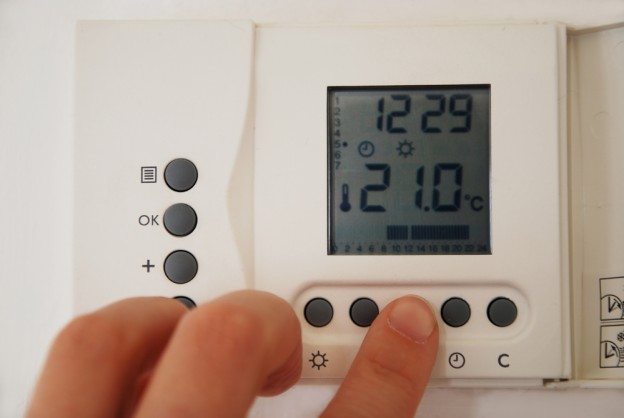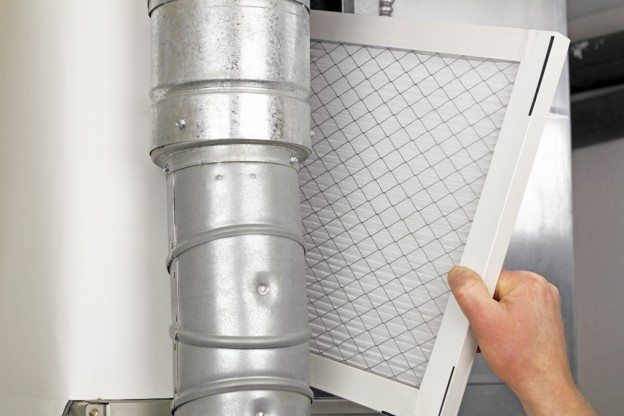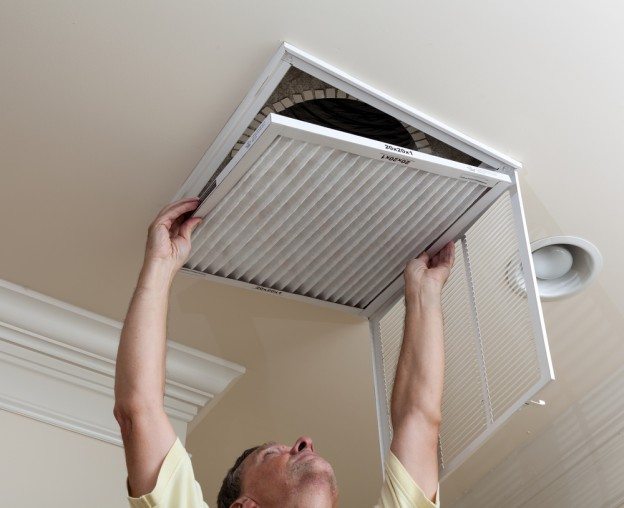Winter is a beautiful time of year. The world is white around you, and the chill in the air seems to bring people together. Throw in some cozy blankets and a cup of hot cocoa and what’s not to love?
But staying warm during the cold months can come at a cost if you’re not careful. There are a few simple things you can do in the upcoming months to stay cozy in your home, without breaking the bank.
Before it gets too cold, make sure you seal off any leaks around doors and windows, and repair any cracks or gaps on the home’s exterior. Then, take a look at your thermostat settings.
- Programming your thermostat effectively can help you save money and energy during the winter.Many people keep their thermostat set at 72 degrees, but by lowering your thermostat even just 2 degrees you can save on utility bills and easily be just as comfortable. Consider programming your thermostat a few degrees cooler in the hours you are away from home as well. Utilize those slippers and cozy blankets previously mentioned to stay warm despite the changes to your thermostat.
- Another tip is to switch the fan setting on your thermostat from “auto” to “on.” You may think this is a bad idea as it will use more electricity, but in the long run it will keep the air flowing in your home which will make the house as a whole more comfortable and avoid uneconomical extremes in temperature.
- When you’re cooped up inside during the winter months, having your fan “on” will also keep the air circulating and filtered; that includes any particles, pollutants and allergens in the air.
- You can also use your ceiling fans to circulate warm air near the ceiling by running the fan in a clockwise direction. Look closely at your fan to switch direction, and be sure to switch it back to counterclockwise in the summer months.
- Many people think they can save money by closing air vents in unused rooms. But your furnace is going to keep pumping out air through your heating and air system, whether your air vents are open or not. This is true no matter what type of blower motor you have in your home. If registers are closed pressure will increase by making the duct system more restrictive, and pressure is not good.
- Take some of the strain from your system by leaving the air registers open. Keeping the doors inside your home open will also enable your system to be more efficient, and your home will stay more comfortable.
- If you have curtains or blinds, open them during the winter when the sun is shining. The sunlight will be a nice pick-me-up for your mood, and the heat created from the sun shining on the window will also be a pick-me-up for your utility bill. Keep your windows clear on the east side in the morning, and the west side in the evening. When the sun is not shining on your windows, keep them insulated by closing curtains or blinds to keep out the cold.
If you have an older HVAC system and would like to consider the benefits of installing a system with higher efficiency, or run into any problems with your heating this winter, be sure to Sandy Heating & Air Conditioning for friendly and quality service.



